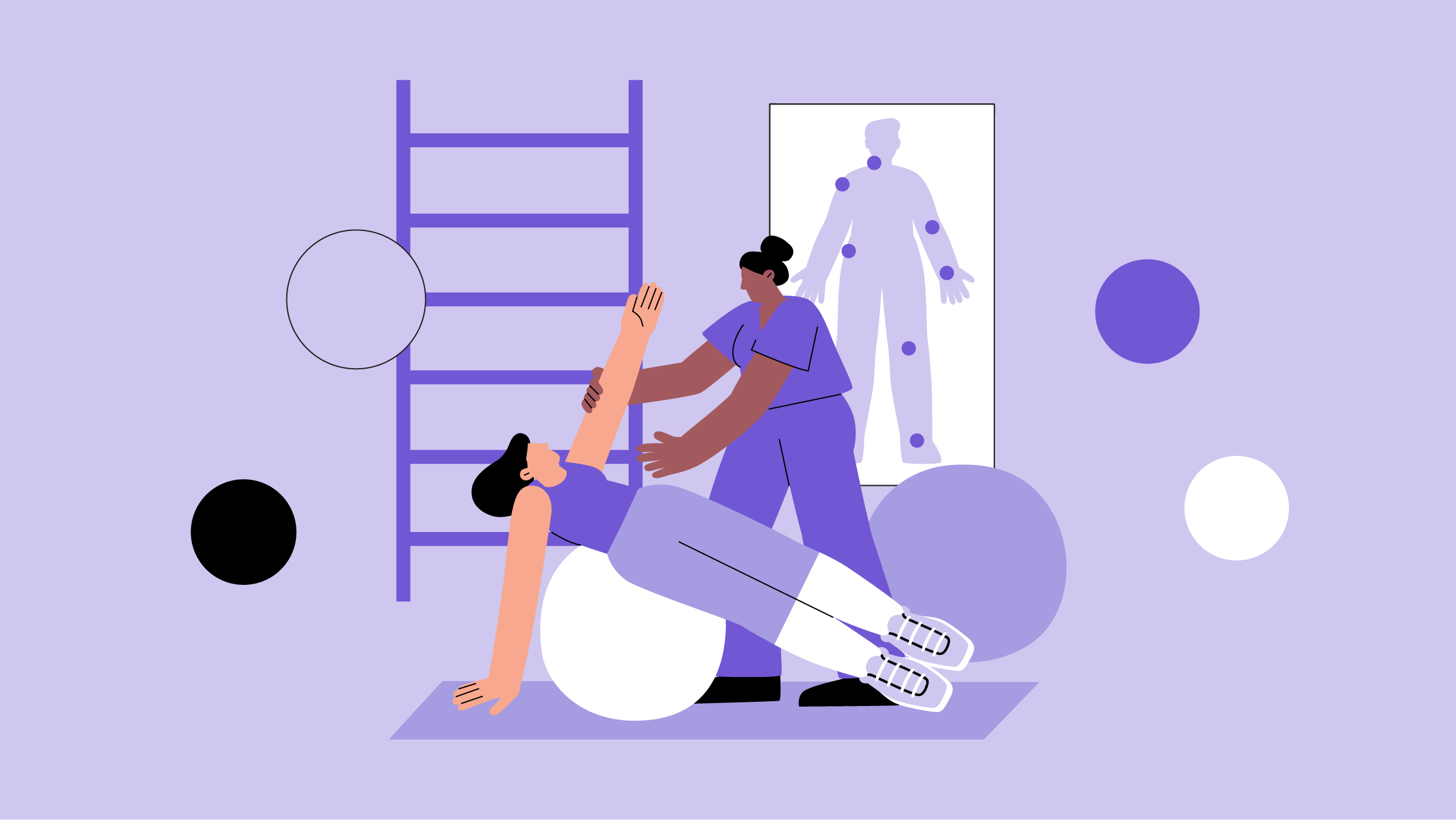What should I tell my care team before I take this medication?
They need to know if you have any of these conditions:
- Anemia
- Frequently drink alcohol
- Kidney disease
- Liver disease
- Low blood counts, such as low white cell, platelet, or red cell counts
- An unusual or allergic reaction to zidovudine, other medications, foods, dyes, or preservatives
- Pregnant or trying to become pregnant
- Breast-feeding
What may interact with this medication?
- Doxorubicin
- Fluconazole
- Ganciclovir
- Interferon
- Other zidovudine medications
- Phenytoin
- Ribavirin
- Stavudine, d4T
- Valproic acid
This list may not describe all possible interactions. Give your health care provider a list of all the medicines, herbs, non-prescription drugs, or dietary supplements you use. Also tell them if you smoke, drink alcohol, or use illegal drugs. Some items may interact with your medicine.
What should I watch for while using this medication?
Visit your care team for regular checks on your progress. Discuss any new symptoms with your care team. You will need to have important blood work done while taking this medication.
HIV is spread to others through sexual or blood contact. Talk to your care team about how to stop the spread of HIV.
This medication can cause blood problems. You may have slow healing and a higher risk of infection while on this medication. Try to avoid cutting or injuring yourself. Be careful not to damage your teeth and gums when you brush or floss your teeth.
You should make sure you get enough vitamin B12 while you are taking this medication. Discuss the foods you eat and the vitamins you take with your care team.
What are the most serious risks of this medication?
This medicine can lower blood cell counts including white blood cells (called neutropenia) and red blood cells (called anemia). Your health care provider will check you blood counts while you take this medicine.
This medicine can cause severe muscle weakness. Call your health care provider right away if you have severe muscle weakness.
This medicine can cause a serious life-threatening condition called lactic acidosis. It can also cause serious liver damage.








